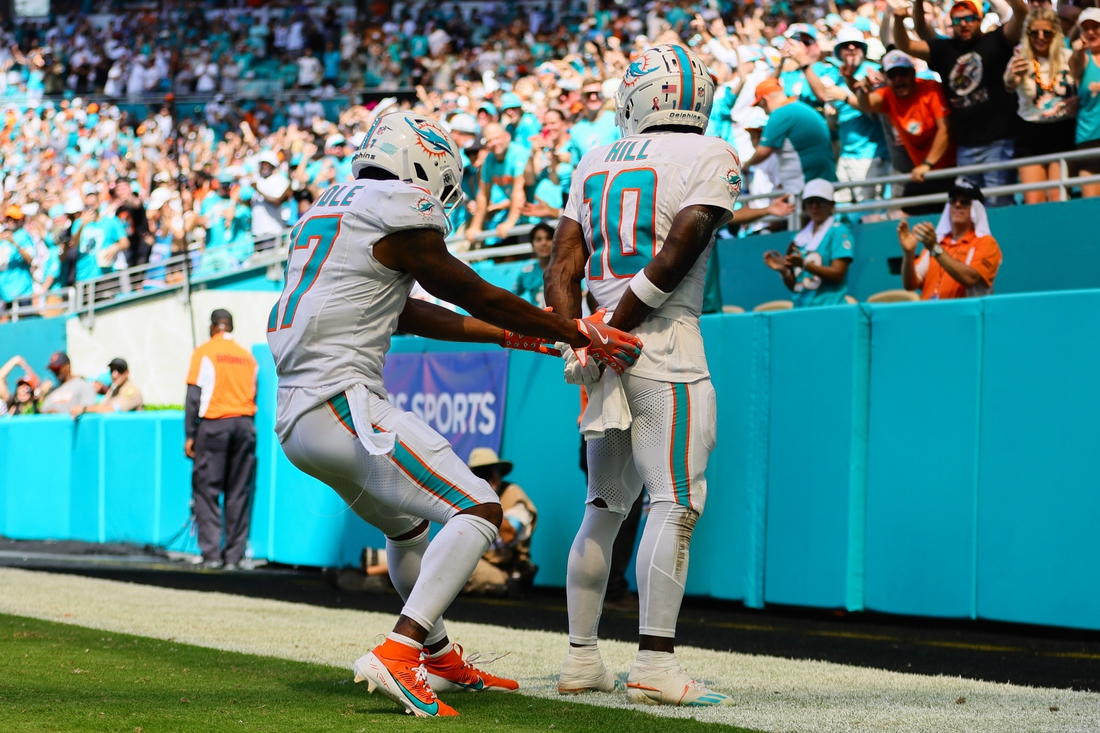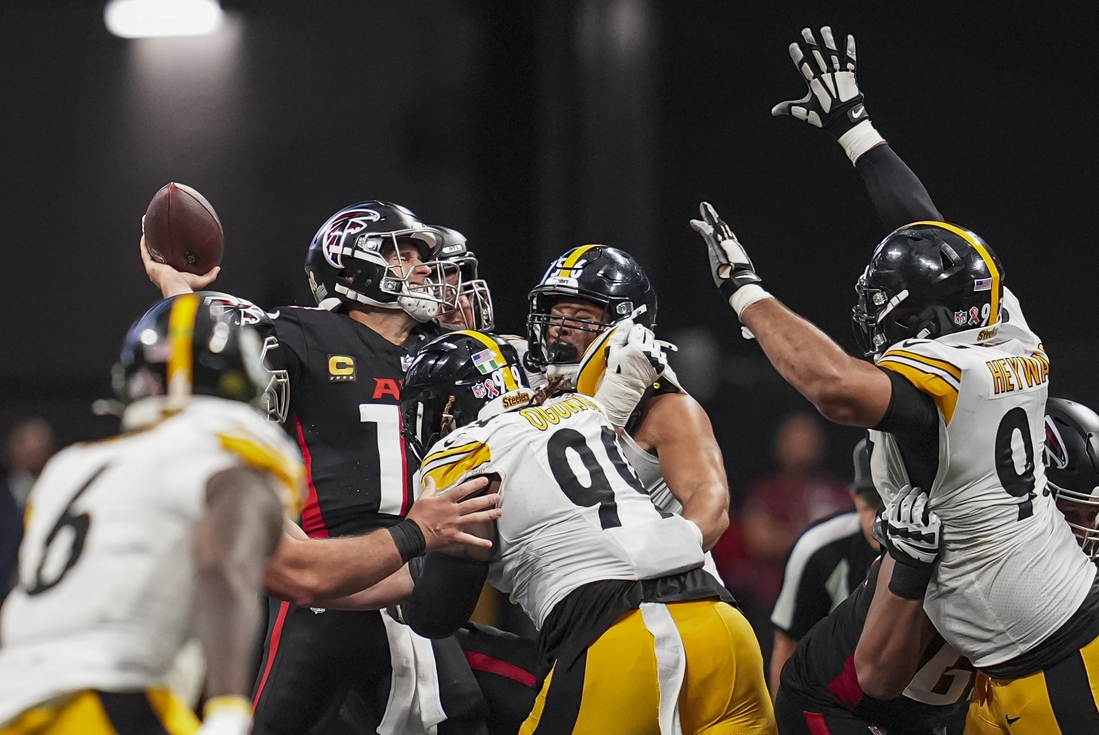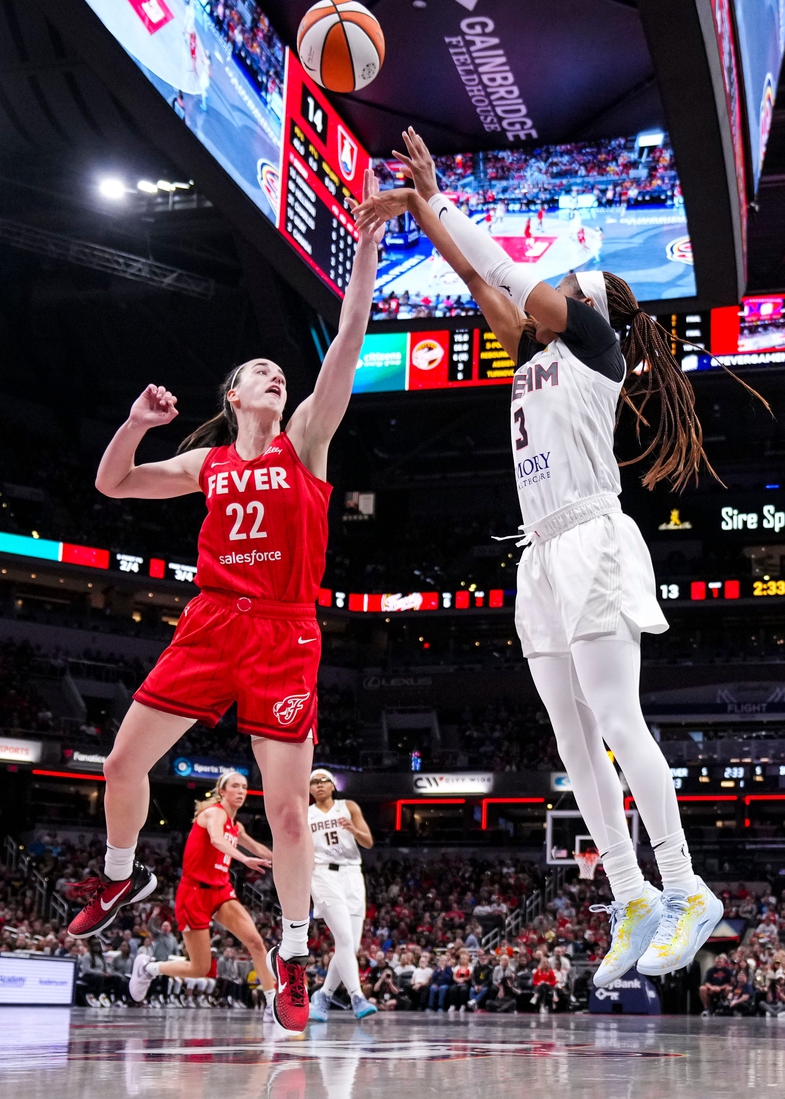College football programs are awash in revenue from unprecedented multimedia contracts.
Expansion of the playoff from eight to 12 teams fulfills the long-held desire of a sizable portion of the fanbase.
Players are in on the financial bonanza.
And in 2024, the sport faces an existential crisis with the undefined nature of NIL that begs the intervention of a modern-day Theodore Roosevelt.
To what extent the football-loving Roosevelt’s influence was directly responsible for saving the sport in 1905 is open to debate. Regardless, the president bringing together university leaders in response to an epidemic of grievous injuries and deaths enacted necessary rule changes.
The game again needs drastic regulation.
And as of yet, the game has no one taking up the mantle.
No, the issues unregulated NIL presents do not threaten the sport’s existence.
But without defined rules and centralized legislation, NIL in its current state is a lawless system that invites bad actors and untethers the football program from their university.
In July 2021, the NCAA formally approved athletes leveraging their name, image and likeness; the general consensus was that it was much-needed progress. Given the billions in TV revenue college sports generate, coupled with the merchandising opportunities athletes were previously barred from capitalizing on, the longstanding scholarship model was outdated.
NIL has offered undeniable benefits for athletes to earn money — which any undergrad, whether in sports or not, can attest, the need is legitimate.
NIL also alleviates the NCAA of having to enforce some of its more hardline and frankly embarrassing regulations. University of Central Florida kicker Donald De La Haye being forced in 2017 to choose between football and his popular YouTube channel is one such example.
Going from dogged enforcement to a Wild West lack of oversight has potentially disastrous implications.
While NIL might have allowed the local dealership owner to gift a star linebacker with a new car completely above board, such monetization became small-scale in short order. With nothing resembling a salary cap and no oversight on where the money comes from, the boundaries are being pushed.
A February report by Matt Baker of the Tampa Bay Times laid out the details of Project Osceola, a “nine-figure private equity investment” dedicated largely to infusing Florida State sports with cash.
The problem?
Private equity firms are designed with the express goal of driving and maximizing profit. As Baker details in his report via public finance attorney Ken Artin, a state institution — like a university — cannot become an equity partner with a for-profit company.
The “solution,” as Baker’s piece explains, is Florida State sports detaching its identity from the school and partnering with the equity firm.
Again, his solution is to quite literally remove the “college” from college football.
Roosevelt himself would be well-suited to intervene on this matter, given his reputation for busting trusts at the turn of the 20th century. But with Roosevelt not available, someone invested in the sustainability of college football needs to carry the proverbial big stick to establish rules that prevent such corruption of the game.
No matter if this leadership comes from Washington, Indianapolis (NCAA headquarters), or some remote outpost in the United States, a leader must emerge fast before NIL crosses a line from which there’s no going back.
That line is perhaps already being toed. In August, Sports Illustrated published claims from former Colorado special teams coordinator Trevor Reilly that he sought NIL investment from Saudi Arabia’s Public Investment Fund.
CU representatives issued a statement that Reilly acted on his own. The PIF spends billions on sports with the launch of LIV Golf to compete with the PGA, staging marquee boxing cards around the globe, and taking over the English Premier League’s Newcastle FC. The PIF even invests in Electronic Arts, the video game publisher responsible for the relaunched college football title.
Perhaps Reilly went rogue, but it’s not a stretch to imagine the PIF will seek investment into a sport that commanded $8 billion for the broadcast rights of a single conference (Big Ten).
Nevermind athletes receiving endorsement dollars from the local car dealership. NIL was presumably not approved with the assumption players would be paid through the investment fund of a foreign government that has been accused of perpetrating various atrocities, including genocide in Yemen.
Without clear oversight and a leader ready to tackle NIL, college football is about to change for the worse.






